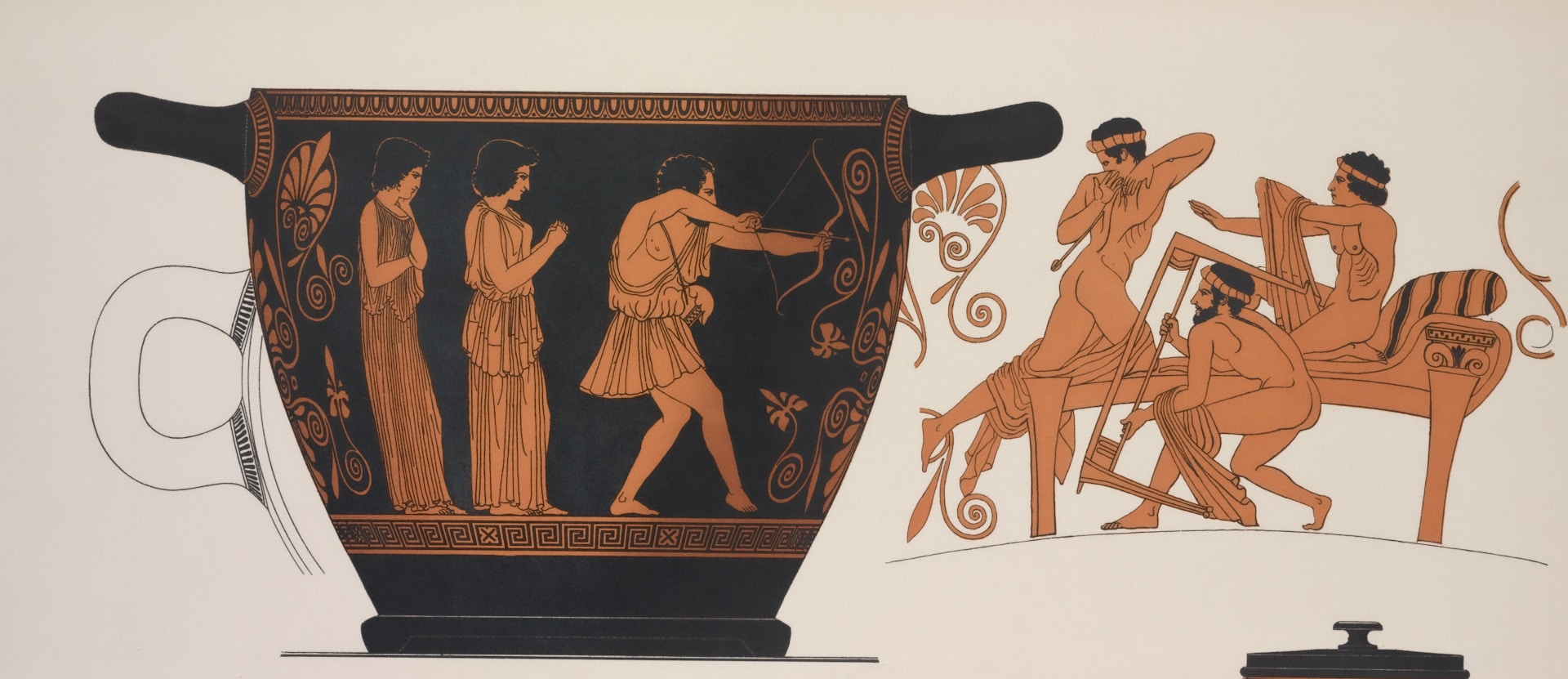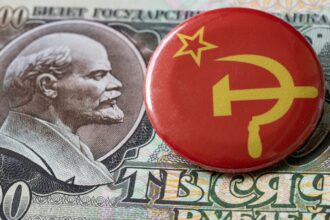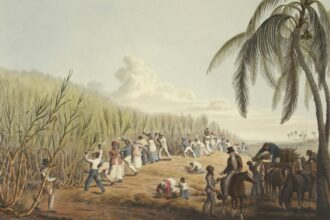The Greeks: A Global History by Roderick Beaton (Faber)
If ever there was a good place to show how a nation is not always a state, it is Greece. Roderick Beaton has written a breakneck whip through three-and-a-half millennia of history to show how the Greek nation has never been constrained by the geographical margins of the land which we now call Greece. Beginning in 2nd millennium BC Crete and ending with the 2020 pandemic, Beaton’s highly entertaining book traces the development of Greek language, cultural expression and identity. Throughout history, to be Greek has been a state of mind, far more than it has been a marker of any ethnic identity.
Pushed out by the geography of their peninsula and the broadness of their horizons, the Greeks – or Hellenes, as ancient Greeks called themselves – have always been a seafaring people. In the 19th and 20th century this meant the success of Greek-owned shipping lines. Beaton makes it clear that these have never been tied to the Greek mainland, instead relying on communities across Europe and the world for their success. Yet this culture of taking to the sea goes back at least to the middle of the 1st millennium BC. By 600 BC, there were hundreds of Greek colonies dotted around the Mediterranean. Yet the yearning for nostos – Homer’s word for home-coming – was also engrained in the culture. This longing was central the mental landscapes of the Iliad and Odyssey.
After the Christian takeover of the Greek-speaking world, the word “Hellenic” came to denote the older, pagan culture. Christian Greeks saw a clean identity break between themselves, the “Romaioi” – Romans – and their polytheistic linguistic ancestors. This lasted until the 19th century. It was only then that the Greek national movement, which took its lead from Western European Hellenomania, sought to reclaim a glorious past. Such reimagined continuities to the past have continued to provide fuel for Greek national claims today. When Greeks make yet another claim to the Parthenon sculptures housed in the British Museum, a fair response might be: “Your ancestors didn’t care about this stuff, and ours did!” Those in Britain who are so quick to critique and challenge the invented traditions in their own country, reveal their insularity by taking the claims of others at face value.
A similar point could be made over the extreme Greek touchiness about the name of the Slavic country immediately to the north of Thrace, today called North Macedonia. Its previous name of Macedonia was a red flag to many in Greece, who interpreted the name as staking a claim to the Greek-speaking region which conquered the heartland and spawned Alexander the Great. Yet as Beaton points out, the Athenian statesmen Demosthenes had strong views on whether the Macedonians were even Greek. According to Demosthenes, the Macedonian King Phillip – Alexander’s father – had “nothing to do with the Hellenes. He is not even a barbarian from a place that could speak well of, but a pestilence of a Macedonian, from a place that used not to be able to provide even a slave worth buying.” How the worm has turned since then!
I enjoyed this book greatly. I would have enjoyed it even more had it truly lived up to its title. I had hoped for a truly global discussion of the amazing hybrid Hellenistic worlds left behind in central and south Asia by the conquests of Alexander the Great. The Indo-Greek kingdoms, with their great cities on the plains of the Punjab or clinging to the riversides of the deep valleys of the Hindu Kush, must surely count as among the most tantalizing and intriguing polities that there have ever been. If ever there was a time when Greek-ness was global, it was in the centuries after Alexander, when Greek was the ruling language all the way to India. Yet Beaton skims over these states in a few paragraphs. For sure, sources are scarce for the Indo-Greek states, but there is more to say, particularly in an avowed global history, than is here.
Beaton’s narrative accelerates towards the end of the book, which leaves the last few chapters feeling like a procession of events that merit greater discussion. I would have liked more discussion of the remnants of Greek communities outside of modern-day Greece, such as in Turkey, Crimea and Italy. A deeper engagement with the large diasporas in the US and Australia would also have helped the book earn its title “global” history. Nevertheless, I raced through the 500-odd pages of this book as if it were a page-turning novel – a great complement to Beaton’s prose and plotting, as well as the intrinsic interest of one of the world’s most remarkable national stories. This is the best type of history – a racing narrative, but with deeper points to make.




